Sometimes it seems as if your skin is impossible to control, especially when you wake up and see in the mirror a massive pimple on your nose or a “fever” at the corner of your mouth. The good news is that there are ways to prevent and treat the most common skin problems; here are some tips.
Acne
A pimple begins to appear when the skin’s pores become clogged with a type of fat called sebum, which normally lubricates the skin and hair. Acne is common during puberty, when hormones get out of control, causing the skin to produce excess sebum. Since many sebum-producing glands are located on the forehead, nose, and chin, this area – the T-zone – is where the most pimples appear.
Here are some tips to prevent acne breakouts and to get them to go away as soon as possible:
Wash your face twice a day (no more) with warm water and a mild soap made specifically for people with acne. Massage softly your face making circular movements. Don't rub your face. Washing too much and rubbing the skin can irritate it. After cleansing, the American Academy of Dermatology (AAD) recommends applying an over-the-counter lotion that contains benzoyl peroxide.
Don't pop your pimples. It's tempting, but here are the reasons why you shouldn't: by popping a pimple, you can push infected material into deeper layers of the skin, causing more inflammation and redness and even causing wounds, which can leave small scars. Permanent. If you get a pimple just before an important event or celebration, like the end-of-year party, the chances are that a dermatologist can treat it with a much lower risk of infection and scarring.
Avoid touching your face with your hands or resting it on objects that tend to accumulate sebum and skin residue, such as the telephone receiver. By touching your face, you can spread bacteria that make your pores inflamed and irritated. To keep bacteria at bay, wash your hands thoroughly before applying any products to your faces, such as treatment creams or makeup.
If you wear a prescription and sunglasses, be sure to clean them often to prevent oil from clogging the pores around your eyes and nose.
If you have acne on another part of the body, avoid wearing tight clothing, which does not allow the skin to breathe and causes irritation. Scarves, headbands, headbands, and hats also tend to accumulate grease and dirt.
Remove makeup before going to bed at night. When shopping for makeup, choose products whose label or packaging says they are "non-comedogenic" or "non-acnegenic." Throw away old makeup that smells or looks different than when you bought it.
Keep your hair clean and avoid it coming into contact with your face so that the oil and dirt it contains do not clog the pores of your skin even more.
Protect your skin from the sun. Tanning may seem like it masks acne, but it's only temporary. Tanning can make acne worse rather than better. The sun also causes skin lesions that, in the long run, promote the appearance of wrinkles and increase the risk of developing skin cancer.If you’re concerned about acne, talk to a dermatologist. Dermatologists offer various treatments that help prevent and control acne, as well as its marks or scars. A dermatologist can help you find the best treatment method for you and give you many helpful tips for managing acne and caring for your skin type. Some beauty salons and beauty and hydrotherapy centers have skin specialists, called estheticians, who can give you advice and apply skin treatments.
Unlike what you may have heard, acne is not caused by dirty skin. Acne is caused by the excessive activity of the sebaceous glands in the skin and the accumulation of oil, dead skin cells, and bacteria, leading to inflammation of the pores.
The sebaceous glands are stimulated by hormones that become active during puberty, so adolescents are prone to acne. Because the tendency to acne is partly genetic, if other people in your family had (or have) acne, the chances are that you have it too.
While there is no sure way to prevent acne, these tips can help reduce the number and severity of breakouts:
Washing the skin is essential (as it helps remove excess oil from the surface and dead skin cells that can block pores), but excessive cleaning can cause damage such as drying the skin or irritating existing acne.Unlike what you may have e Heard, acne is not a consequence of unclean skin. Acne is caused by the excessive activity of the sebaceous glands in the skin and the accumulation of oil, dead skin cells, and bacteria, leading to inflammation of the pores.
The sebaceous glands are stimulated by hormones that become active during puberty, so adolescents are prone to acne. Because the tendency to acne is partly genetic, if other people in your family had (or have) acne, the chances are that you have it too.
While there is no sure way to prevent acne, these tips can help reduce the number and severity of breakouts:
Washing the skin is essential (as it helps remove excess oil from the surface and dead skin cells that can block pores), but excessive cleaning can cause damage such as drying the skin or irritating existing acne.
Remember to wash after exercising to prevent sweat from blocking your pores and making acne worse. If you work in places with greasy food or oil, or if you have sweated due to the heat or because you have been working hard, wash your face and other acne-prone areas as soon as possible.
If you use skin products like lotions or makeup, look for non-comedogenic or non-acnegenic, meaning those that don't block pores.
If you can't do without hairspray or styling gel, be sure to apply them as far away from your face as possible. Many hair products contain oils that can make acne worse. Try to use water-based products.
If you have acne on areas like the chest or back, avoid tight clothing, as it can rub against the skin and cause irritation.









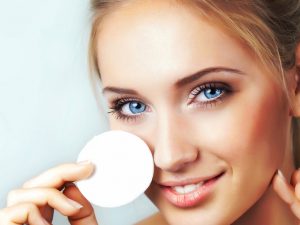
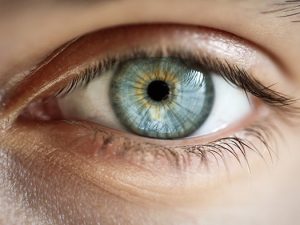








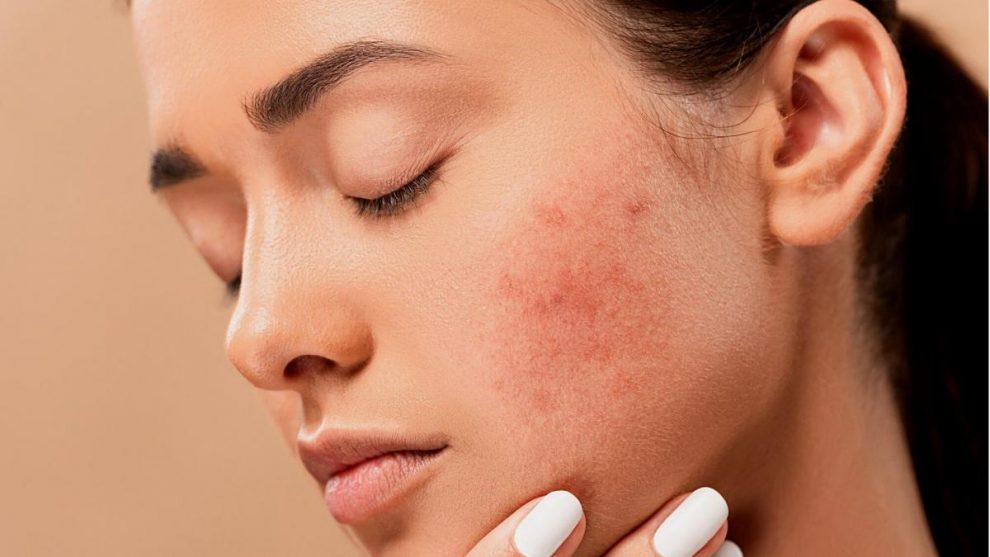

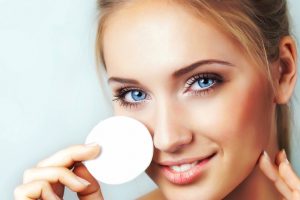
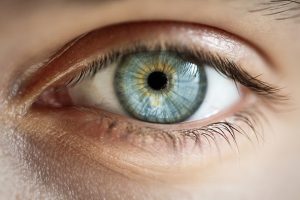






Add Comment